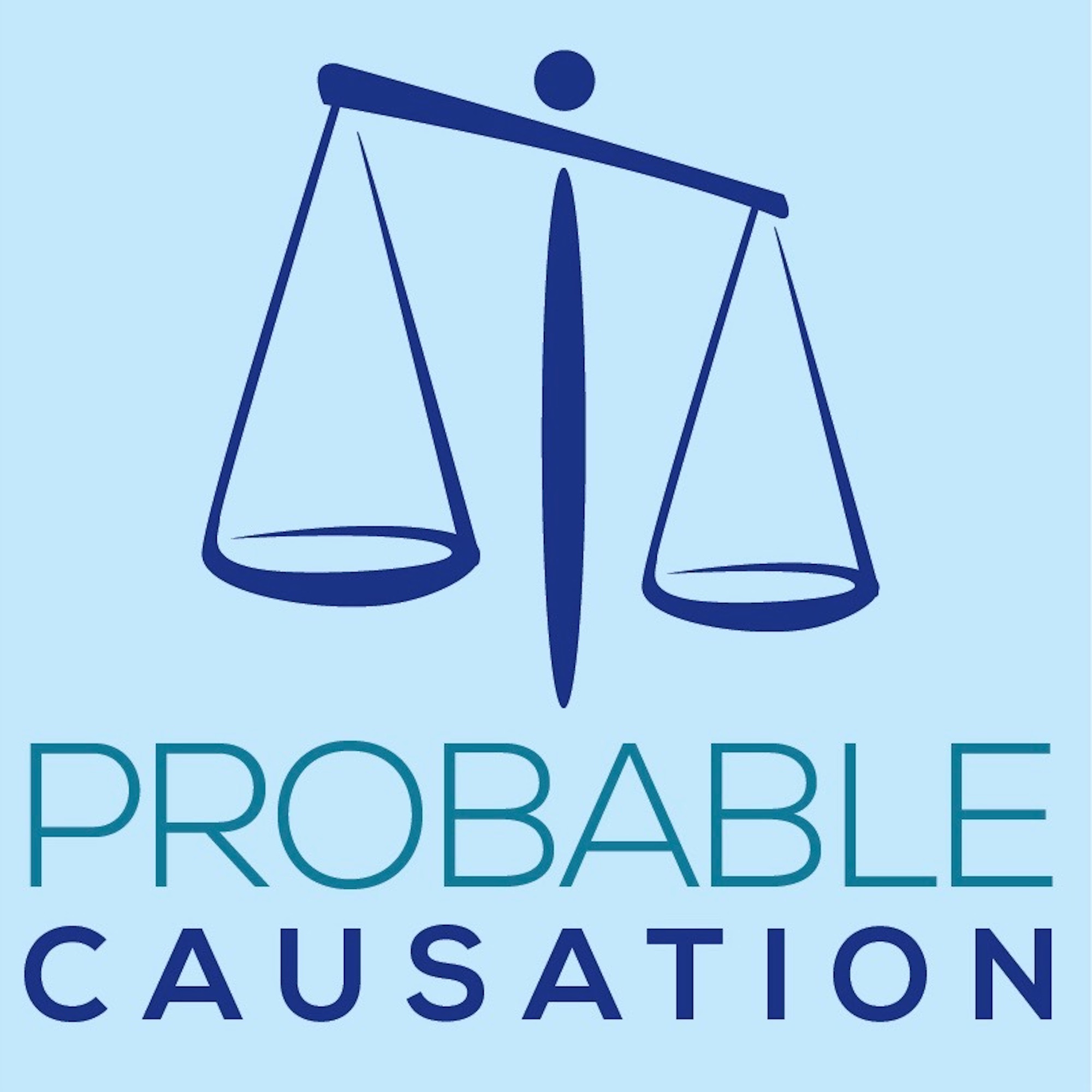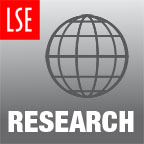Shows

Probable CausationEpisode 65: Felipe Goncalves on whether police make too many arrestsFelipe Goncalves talks about how reductions in police enforcement activity affect crime.
“Do Police Make Too Many Arrests? The Effect of Enforcement Pullbacks on Crime” by Sungwoo Cho, Felipe Goncalves, and Emily Weisburst.
***
Probable Causation is part of Doleac Initiatives, a 501(c)(3) corporation. If you enjoy the show, please consider making a tax-deductible contribution. Thank you for supporting our work!
***
OTHER RESEARCH WE DISCUSS IN THIS EPISODE:
“More COPS, Less Crime” by Steven Mello
“Panic on the Streets of London: Police, Crime, and the July 2005 Terror Attacks” by Mirko Dra...
2022-01-1858 min
LSE Research channel | VideoWashington's revolving doorContributor(s): Mirko Draca | Lobbying is big business in US politics, and getting bigger. Many commentators have voiced suspicions about the ties between lobbying firms, private sector businesses, and politics. They allege that a "revolving door", which sees employees moving from public office to private companies and back again, potentially jeopardises the public interest. Often highly paid, these lobbyists claim their salaries simply reflect their high ability, but critics complain those exiting the revolving door are attractive to lobbying firms because they can exploit their political connections. In this film Mirko Draca explains how he and his colleagues, Christian Fons-Rosen...
2010-07-1505 min
LSE Research channel | VideoPanic on the Streets of LondonContributor(s): Mirko Draca | What effect does raising the number of police have on crime? It might seem obvious that more police means fewer crimes - but things aren't that simple. For a start, there's the so called "endogeneity problem". Research economist Mirko Draca explains how the July 2005 terrorist attacks became a "natural experiment".
2009-05-2608 min